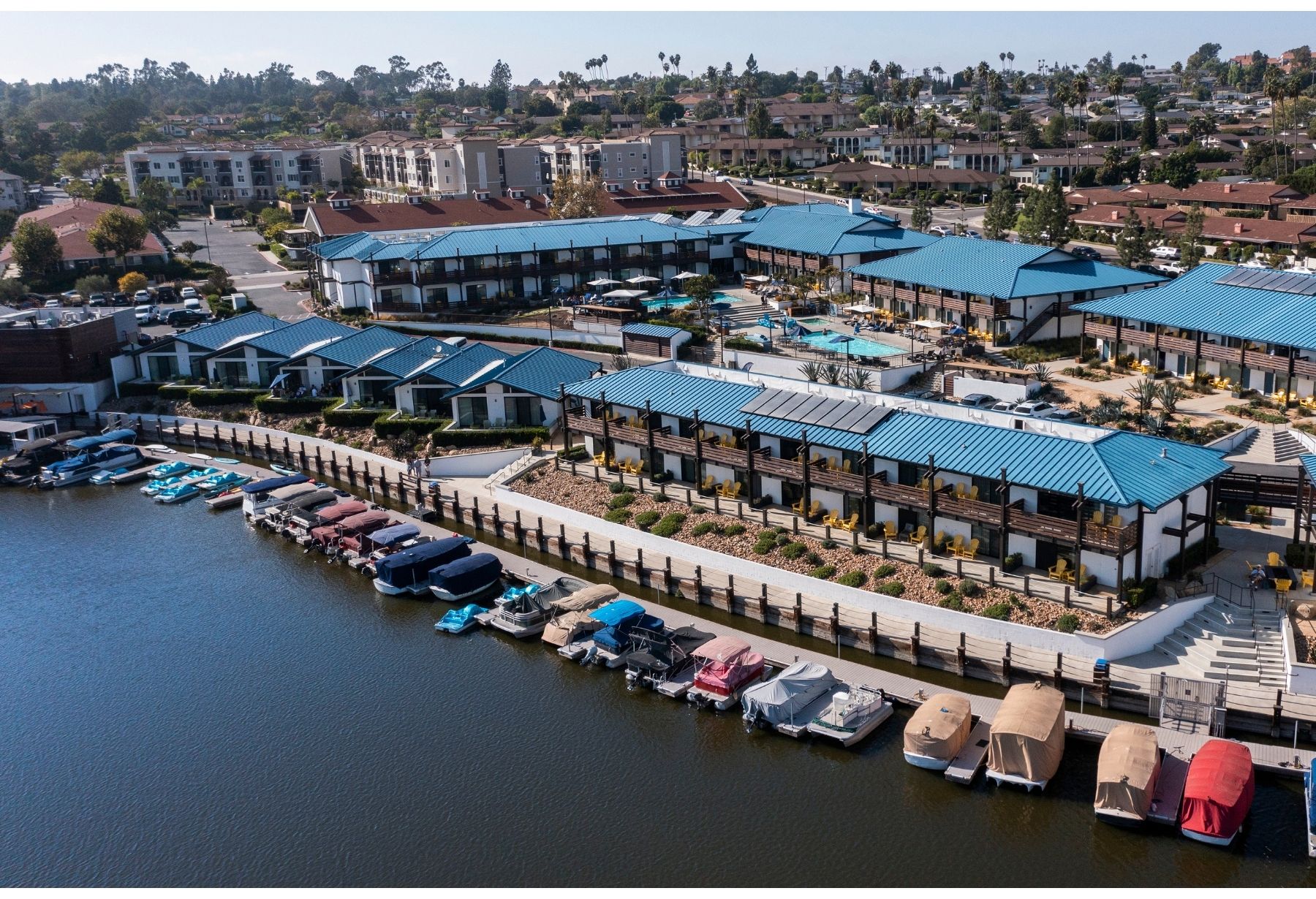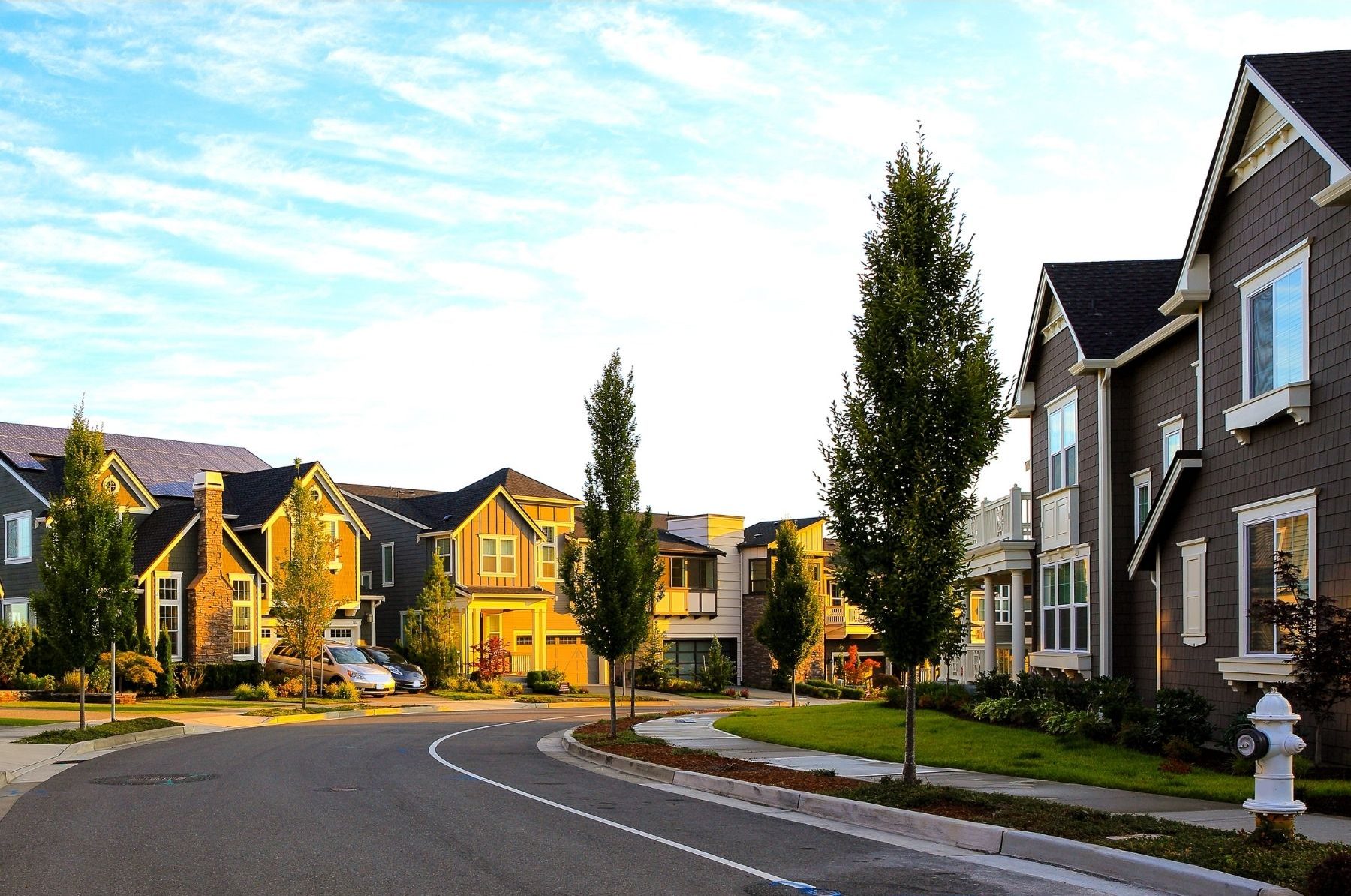Multi-Family Property Management in Southern California: What You Need to Know
Managing multi-family properties in Southern California requires a careful blend of market insight, legal understanding, and efficient operational practices. In terms of property–management and hoa management, owners and investors face high maintenance costs, strict regulations, and competitive tenant demands. This article provides essential insights into management strategies, financial oversight, and legal compliance—helping you maximize returns on your multifamily investments. For further details, please contact-us to learn more about our locations and services.
Southern California Multi-Family Property Management EssentialsMulti Family Property Management in Southern California
Defining Multi Family Property Management for Clarity
Multi-family property management covers the oversight of complexes with multiple units, ensuring smooth operations, tenant satisfaction, and proper maintenance. In Southern California, managers also focus on strategic planning to meet high market demand and comply with regulatory requirements. They coordinate leasing, maintenance, and financial reporting while using technology to monitor trends and ROI. This foundation is key to understanding their broad range of responsibilities.
Unique Challenges of Managing Properties in Southern California
Managers in this region must contend with high property taxes, strict building codes, and fierce leasing competition. Affordable housing shortages, natural hazards like wildfires, and complex local ordinances further complicate matters. Successfully navigating these challenges depends on proactive crisis management, a deep understanding of legal frameworks, and strategic planning to minimize disruptions and protect tenants.
Benefits of Professional Multi Family Property Management
Professional management increases property value by boosting occupancy, reducing costs, and ensuring timely rent collection. Expertise in maintenance programs, tenant screening, and market trends helps achieve better resident satisfaction and higher returns. In Southern California, these advantages are even more significant due to regional market dynamics. Outsourcing day-to-day operations enables owners to concentrate on long-term growth and capital appreciation.
Key Responsibilities of a Property Manager in This Region
A property manager handles a range of essential tasks: rent collection, maintenance oversight, tenant relations, and regulatory compliance. Regular inspections, prompt repairs—from plumbing issues to landscaping—and effective communication are critical. They also manage marketing, lease negotiations, and conflict resolution, all of which maintain the property‘s value and satisfy tenants.
Current Market Trends Affecting Southern California Multi-Family Investments
Recent trends highlight rising rental demand driven by population growth and limited housing supply. Advancements like property management software and online tenant portals improve efficiency. Additionally, a growing focus on sustainable building practices and energy efficiency is reshaping expense structures and long-term valuation, encouraging investments that align with environmental awareness.
Effective Strategies for Del Mar Rental Property Services

Attracting and Retaining Quality Tenants in Del Mar
Successful management in Del Mar hinges on attracting high-quality tenants. Strategies include targeted advertising, online leasing tools, and offering competitive amenities that appeal to professionals and families. Regular communication, prompt maintenance, and transparent lease terms help retain tenants and reduce vacancy periods, ensuring steady revenue.
Setting Competitive Rental Rates for Del Mar Properties
The right rental rate is determined by local market conditions, comparable rents, and inflation trends. Managers use data analytics to set competitive prices that reflect the property’s quality and unique location benefits. Continuous market reviews enable adjustments that maintain high occupancy and optimize returns.
Lease Agreement Specifics for Del Mar Rentals
Lease agreements in Del Mar must be detailed and legally compliant. They clearly define rental duration, payment schedules, maintenance duties, and penalties for breaches. Incorporating emergency repair clauses and updates for local ordinances helps prevent disputes and ensures smoother operations for both landlords and tenants.
Managing Tenant Relations in Del Mar Multi-Family Units
Strong tenant relationships are crucial for reducing turnover. Managers in Del Mar adopt proactive communication strategies by holding resident meetings, using online portals, and maintaining efficient tracking systems. Feedback from tenants is encouraged and integrated into improvements, thereby fostering community and loyalty.
Local Ordinances Impacting Del Mar Rental Property Services
Local ordinances affect various aspects of property management in Del Mar, from noise and safety standards to environmental regulations. Staying current with these policies ensures compliance, helps avoid fines, and reinforces a commitment to community standards—protecting both property value and tenant well-being.
Optimizing Operations With Comprehensive Property Maintenance Services
Implementing Proactive Property Maintenance Services Schedules
Regular inspections and routine upkeep are essential to preventing costly repairs. Property managers in Southern California schedule maintenance for HVAC, plumbing, electrical systems, and landscaping to minimize emergencies and extend the lifespan of property components while enhancing overall asset value.
Addressing Repair Requests Efficiently in Multi-Family Buildings
Quick, effective responses to repair requests are vital. Using digital reporting systems and prioritizing urgent issues ensures that repairs are managed promptly. Collaboration with reliable vendors and tracking repair metrics allow managers to address recurring problems and prevent future issues.
Vendor Management for Specialized Property Maintenance Services
Managers select and coordinate with specialized vendors for services such as plumbing, landscaping, and electrical work. Long-term partnerships based on quality, costefficiency, and reliability are critical. Regular reviews and clear contractual agreements ensure timely responses to maintenance needs with minimal disruption to residents.
Budgeting for Ongoing PropertyMaintenance and Upkeep
Budgeting accurately for maintenance is essential to financial planning. Managers forecast costs using historical data, anticipated repairs, and seasonal needs to accommodate routine and emergency services. This careful budgeting supports optimal property upkeep while protecting the owner’s investment returns.
Ensuring Safety and Compliance Through Regular Maintenance
Routine inspections verify that fire safety systems, elevators, and other critical components meet current standards. These checks not only prevent hazards and liability risks but also build tenant trust and contribute to a safe living environment.
Financial Oversight in Multi Family Property Management

Accurate Rent Collection and Financial Reporting
Timely rent collection is fundamental. Managers use automated systems to streamline payments and monitor account balances. Regular financial reporting, including profit and loss statements and cash flow analyses, ensures transparency and supports informed decision-making for maximizing profitability.
Managing Operating Expenses for Multi-Family Properties
Closely monitoring utility costs, maintenance fees, and administrative expenses is key. Property managers negotiate vendor contracts and implement cost-control measures to ensure spending aligns with budget goals while maintaining high property standards.
UnderstandingReturn on Investment for Southern California Rentals
ROI is influenced by factors like occupancy rates, rental income, and operating expenses. Continuous market analyses help managers assess ROI, refine strategies, and invest in necessary renovations. Transparent ROI reporting gives owners clear metrics on performance.
Strategies for Increasing Profitability of Your Multi-Family Asset
Profitability can be increased by reducing costs, enhancing revenue, and making strategic improvements. Techniques include dynamic pricing, energy-efficient upgrades, and improved tenant retention. Leveraging marketdata and feedback helps maximize net income and overall profitability.
Navigating Property Taxes and Insurance in Southern California
High property taxes and insurance premiums affect financial performance. Managers collaborate with financial advisors and insurance agents to secure competitive rates, stay informed about legal changes, and manage long-term budgets to mitigate risks.
Legal and Regulatory Compliance for Southern California Multi-Family Housing
Adhering to California Fair Housing Laws
Compliance with fair housing laws is critical to protect tenant rights and avoid disputes. Property managers maintain transparent practices in tenant screening, lease agreements, and eviction procedures through regular policy updates and training.
UnderstandingEviction Procedures in Southern California
Eviction guidelines in Southern California are strict. Managers must follow proper procedures—including notice, documentation, and, if needed, court processes—to respect tenant rights while legally securing possession and protecting reputation.
Building Codes and Safety Regulations for Multi-Family Dwellings
Compliance with building codes involves regular inspections of fire escapes, electrical systems, and material quality. Coordinating with local authorities to obtain necessary certifications ensures a safe and legally compliant dwelling.
Handling Security Deposits According to State Law
Security deposits must be managed according to state guidelines. Detailed move-in and move-out documentation minimizes disputes and upholds transparency in returning deposits within mandated timelines.
Staying Updated on Local Rental Ordinances
Local rental regulations can change frequently. Managers monitor updates on rent control, tenant rights, and property standards to ensure ongoing compliance, reducing risk and supporting long-term property viability.
Selecting Your Partner for Multi Family Property Management

Evaluating a Company‘s Experience With Southern California Properties
When choosing a property management partner, it is important to examine their local experience. Look for companies with proven success in handling lease negotiations, maintenance challenges, and regulatory compliance through client testimonials and case studies.
Assessing the Scope of Offered Property Maintenance Services
A quality partner offers comprehensive maintenance—from routine inspections to emergency repairs. Transparent service agreements and pricing models help ensure high standards without unexpected costs.
Reviewing Communication Protocols and Reporting Structures
Effective communication is essential. Prospective partners should provide clear reporting structures, regular financial updates, and digital tenant portals to keep owners informed and support quick decision-making.
UnderstandingFee Structures for Multi Family Property Management
Fee structures vary; understanding whether fees are percentage-based or flat rates, and what services are included, helps make an informed, budget-friendly decision.
Checking References and Online Reviews for Del Mar Rental Property Services
Verifying reputation through references and online reviews is crucial. Client feedback and detailed case studies offer insights into service quality, aiding in the selection of a reliable, experienced partner.
Frequently Asked Questions
Q: What defines multi-family property managementin Southern California?
A: It involves leasing, maintenance, financial reporting, and compliance management tailored to high-demand urban markets.
Q: How do property managerscontrol operating expenses?
A: By monitoring utility costs, negotiating vendor contracts, and implementing cost-saving measures while maintaining quality service.
Q: What legal compliance issues must be addressed?
A: Managers must follow fair housing laws, building codes, eviction processes, and local ordinances to protect tenants and owners.
Q: How can tenantrelations be improved in Del Mar?
A: Through digital communication, regular meetings, prompt maintenance, and transparent lease agreements, which reduce turnover.
Q: Why is experienceimportant for a managementpartner?
A: Local market knowledge, proven maintenance strategies, and strong communication are key traits that ensure effective management and higher returns.
Final Thoughts
Southern California multi-family property management demands expertise in market trends, proactive maintenance, and strict regulatory compliance. Understanding local challenges and leveraging professional services ensures high occupancy, optimized financial performance, and enhanced property value. Selecting a seasoned management partner remains essential to protecting and growing your multifamily asset in a competitive market.







